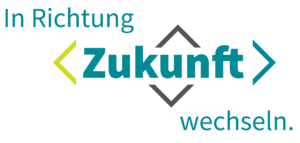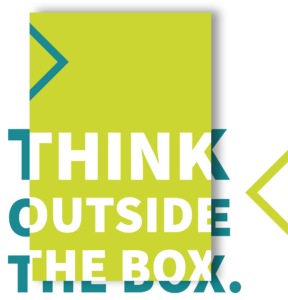
In the challenging field of the justice system, it is essential to balance security with (re)integration, ensuring that incarcerated individuals are prepared for a successful return to society.
On this page, we introduce key projects aimed at promoting positive change and supporting a more holistic approach. These initiatives are designed to improve individual lives and enhance community safety.
We are continuously developing new projects aligned with this mission.
We are thrilled to announce the launch of the RESIZE Project, running from 2025 to 2029! As one of only 8 Blueprint Alliances selected by the EU, we are honored to play a key role in reshaping correctional competencies across Europe. The RESIZE project focuses on small-scale, community-integrated detention houses and aims to upskill practitioners through the RESCALED initiative.
Stay tuned – we will be launching a dedicated RESIZE project page soon!
This project will be carried out with the support of 25 partner organizations, including CPIP Romania – Centrul pentru Promovarea Invatarii Permanente, working together to create high-quality curricula and implement regional Pacts for Skills. The goal is to enhance the capabilities of both current and future correctional professionals, fostering innovation and promoting more humane, rehabilitative environments in the justice system.
As part of the LiberateSkills initiative, RESIZE aligns with the broader goal of professionalizing staff working with minors, youth, and adults in correctional settings, bridging gaps in competency levels and integrating correctional practices with education.
We are excited to collaborate with partners across Europe to contribute to more inclusive and rehabilitative justice systems.
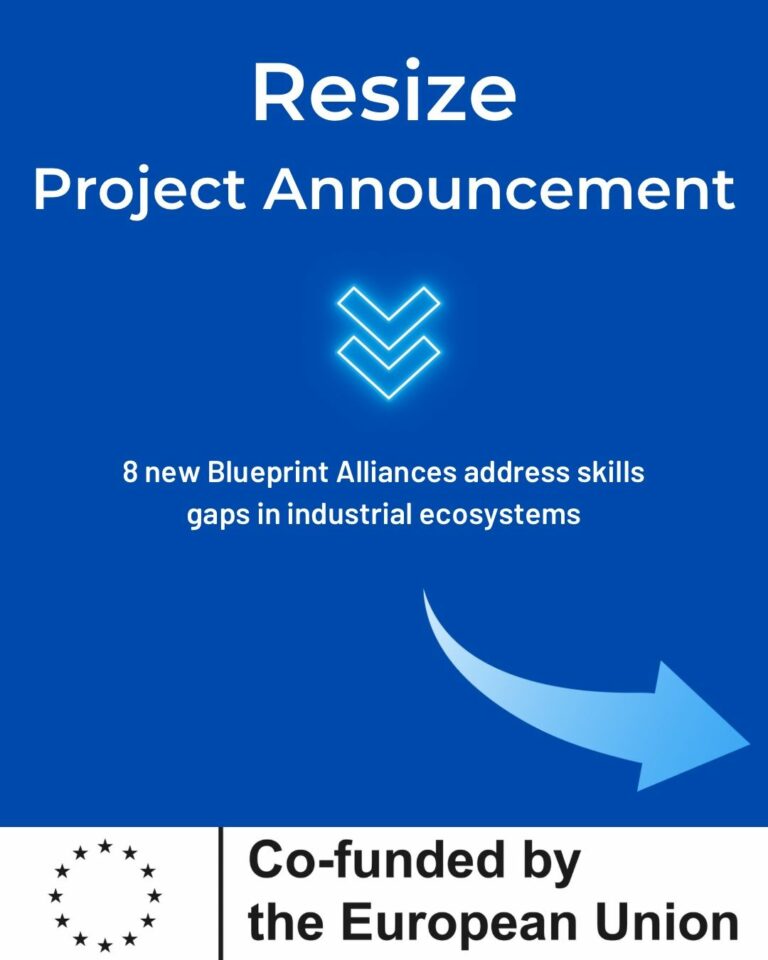
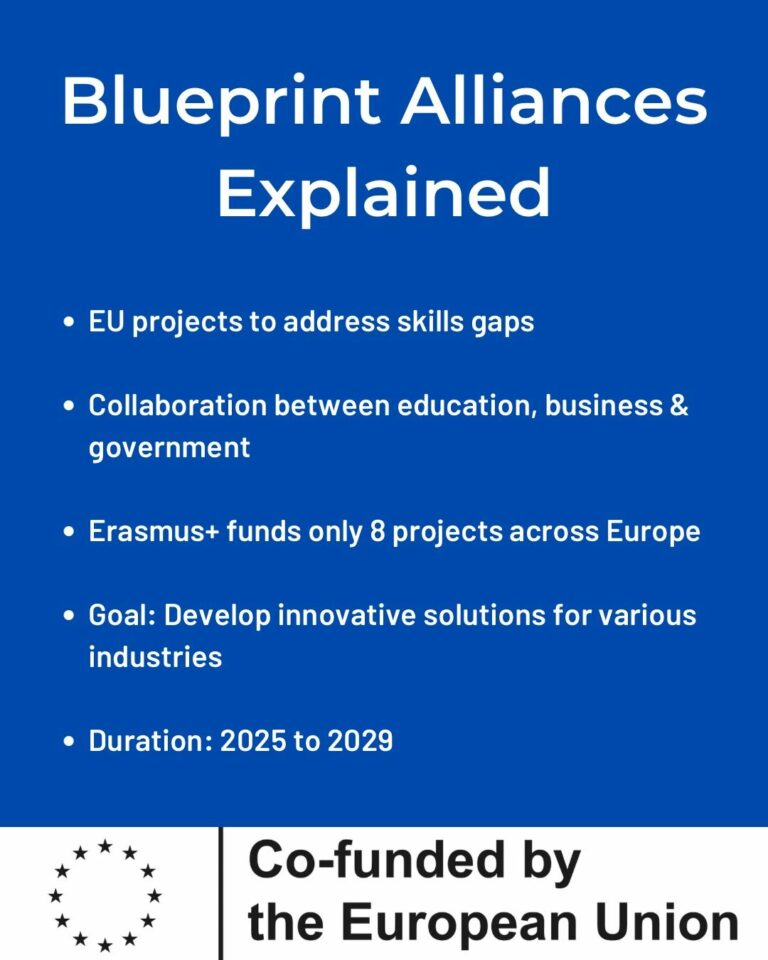
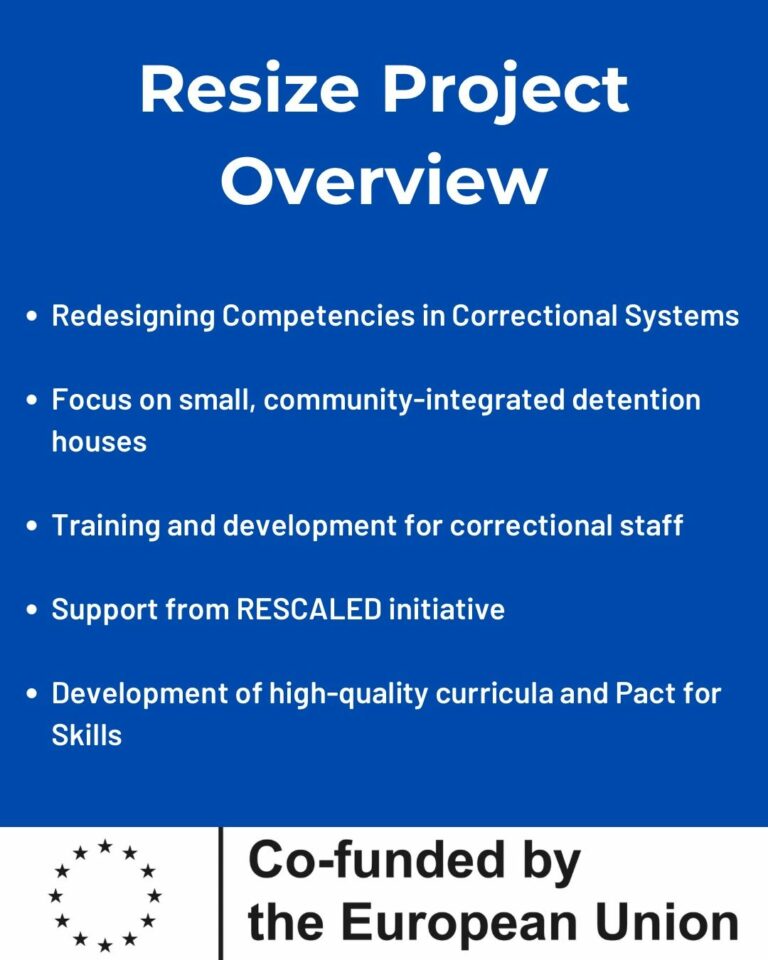
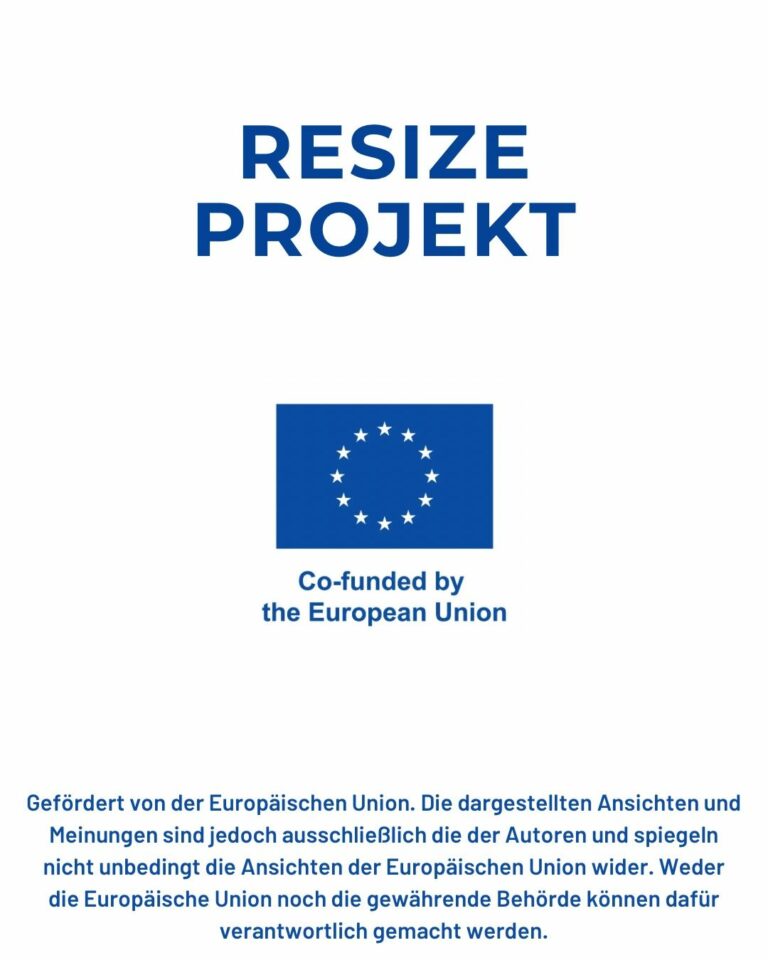
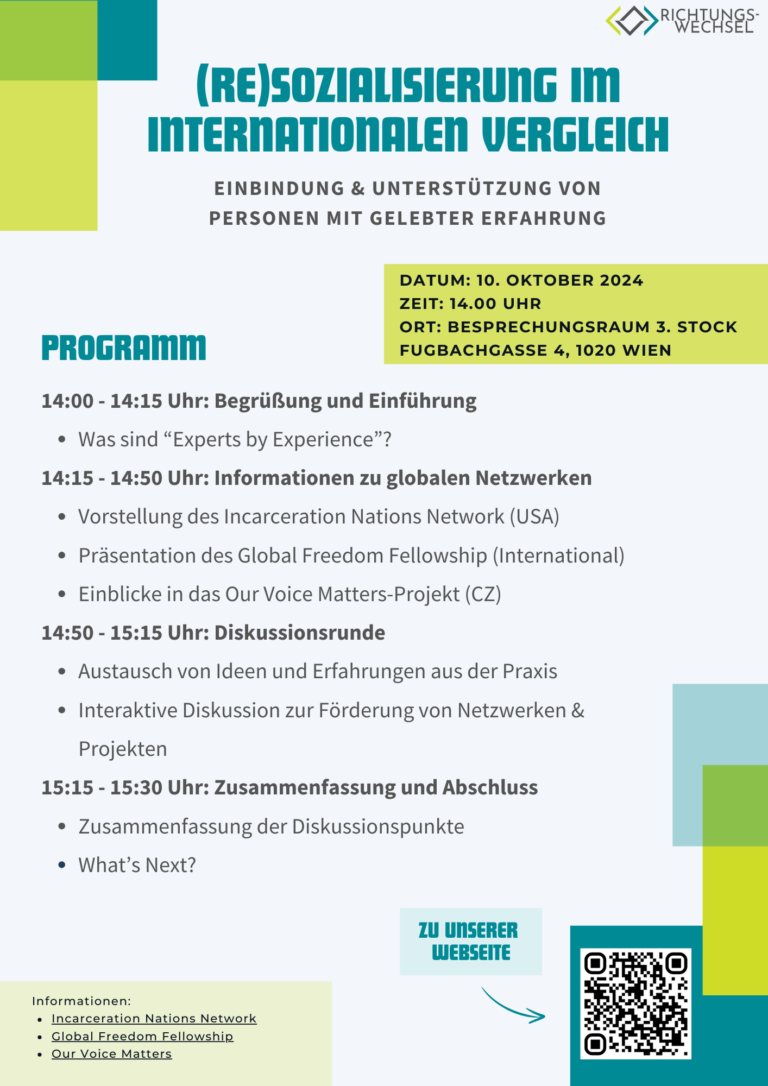
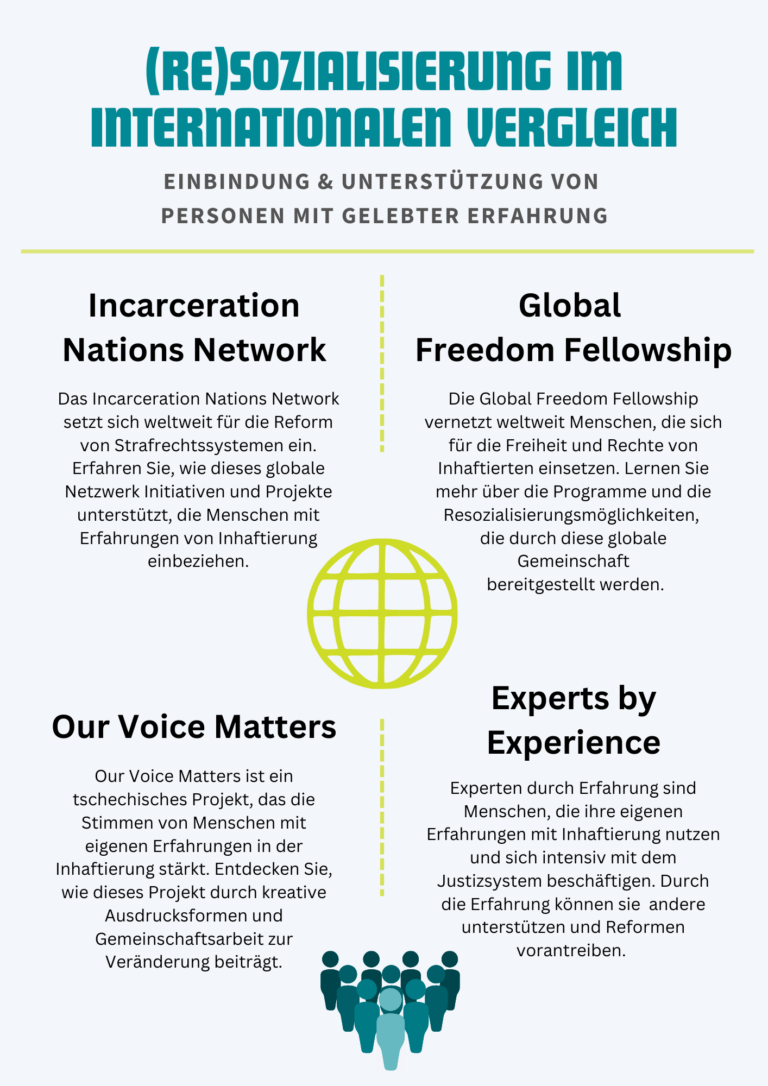
- Experts by Experience: Formerly incarcerated individuals bring unique expertise based on their experiences. The Unlocked Graduates Program in the UK also engages former inmates for training and coaching future prison officers.
- Global Freedom Fellowship: A program by the Incarceration Nations Network (INN) that brings together formerly incarcerated leaders from around the world. The fellowship promotes social change, builds transnational solidarity, and acknowledges the valuable contributions of formerly incarcerated individuals in shaping a fairer society ⚖.
- Rubikon Centrum: This organization from the Czech Republic supports people with criminal backgrounds in reintegrating into society. They provide assistance with job searching, debt management, and restoring family relationships. Rubikon Centrum has already successfully implemented similar approaches.
Dr. Baz Dreisinger clarified: “In any program that I or INN have ever run, I have never asked about the crime or considered it in admissions decisions. We always need to consider the person, not the crime.”
For the Global Freedom Fellowship, Dr. Dreisinger leverages her extensive network of INN partners and global allies, built over many years. Additionally, their strong social media presence helps attract some applicants.
Dr. Dreisinger emphasized that this is not about a standardized process but about community building. The first step is to connect with people while they are still in prison and remain part of their journey after release. This leads to connections with others in the community.
“It is essential to treat people as people – without stigma or idealization,” said Dr. Dreisinger. This means giving them real responsibilities and power, not just speaking engagements. Additionally, it should be ensured that there is a critical mass of people with “lived experience” to create a community, not just a single “token.”
Dr. Dreisinger described this idea as crucial for driving change. It is important to highlight that people are products of systems and structures – it’s not about “bad choices” but about “bad systems.”
Building a community of people with incarceration experience is the first step. Dr. Dreisinger recommends inviting global fellows from the network to events in Austria to draw attention to the issue and promote a shift in perspective.
If there is not yet an established community in Austria, Dr. Dreisinger suggests inviting European fellows to events to create awareness and build a network.

